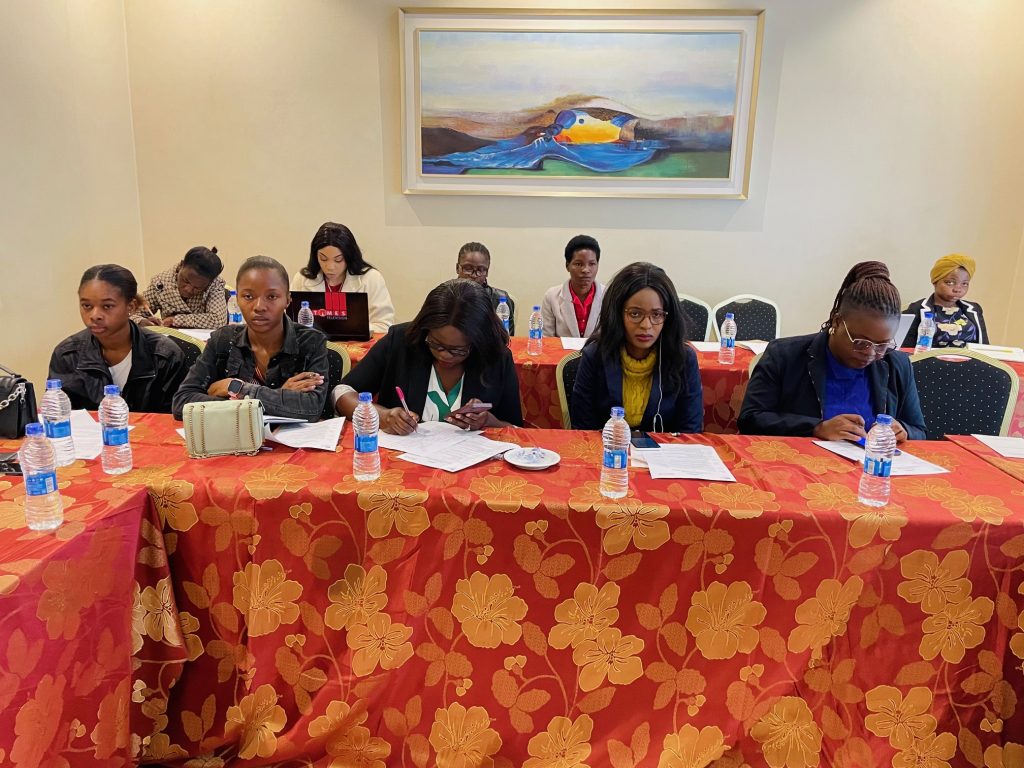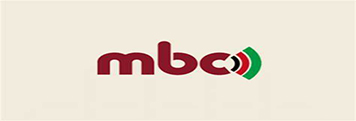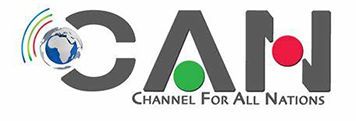Female journalists from the Southern Region were last Wednesday trained in digital and online safety, at a workshop held in Blantyre. Organized by the Media Council of Malawi (MCM) in collaboration with the Association for Women in Media (AWOME), the training was a response to the growing challenges and online abuse faced by women in the journalism profession.
Addressing the participants, AWOME Chairperson Dorothy Kachitsa highlighted that many female journalists continue to experience online gender-based violence and are often excluded from capacity building opportunities, which are typically male dominated. She noted that this training marks a significant step in breaking that cycle. According to Kachitsa, the workshop will empower female journalists to better report on and engage with GBV issues across digital and social media platforms, areas that affect their work and communities.
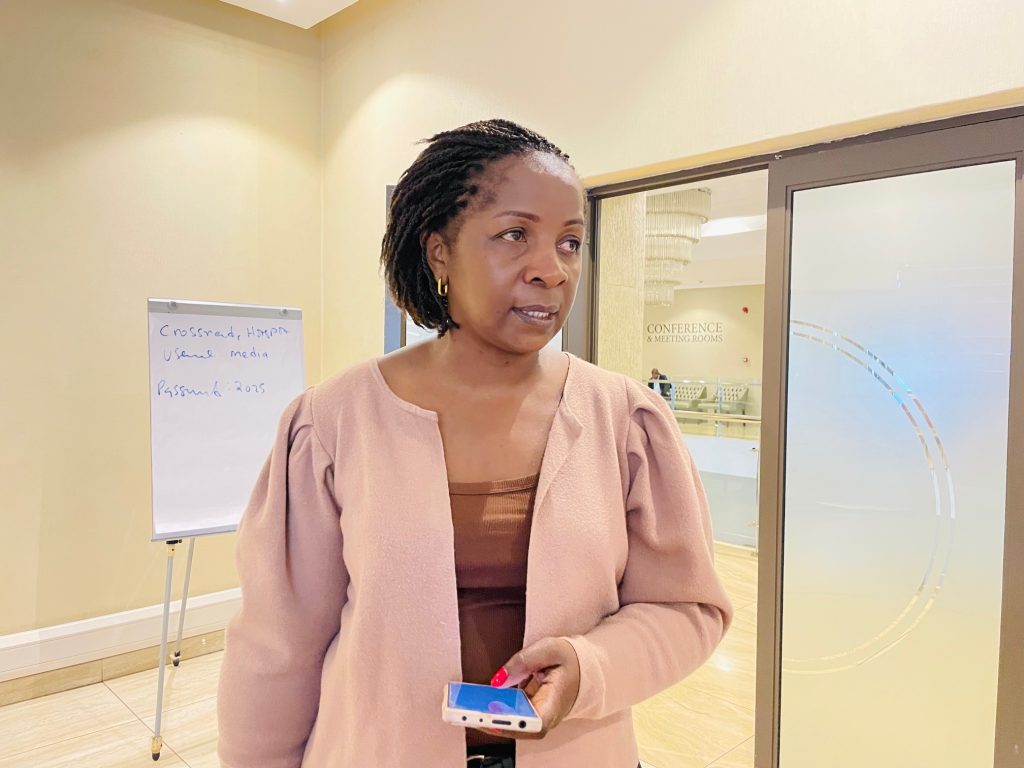
“We at the association of Women in Media are thrilled to be part of this initiative, which is being supported by UNESCO and other key partners. Initiatives like this are a step toward bridging the gender gap in digital media spaces,” said Kachitsa.
She also called on MCM to prioritize paid up members of the association in future trainings to enable more effective progress tracking. Kachitsa reaffirmed AWOME’s commitment to supporting those who uphold the values and principles of the organization.
MCM Executive Director Moses Kaufa reaffirmed the Council’s commitment to protecting female journalists in the digital space, particularly as the country approaches the September 16 elections, a time known for increased online abuse. He urged participants to contact the Council whenever their safety or professional integrity is at risk.
Kaufa encouraged participants to share the skills they had acquired with their colleagues, noting that the Council has already trained approximately 40 journalists through similar sessions conducted in the Northern and Central regions.
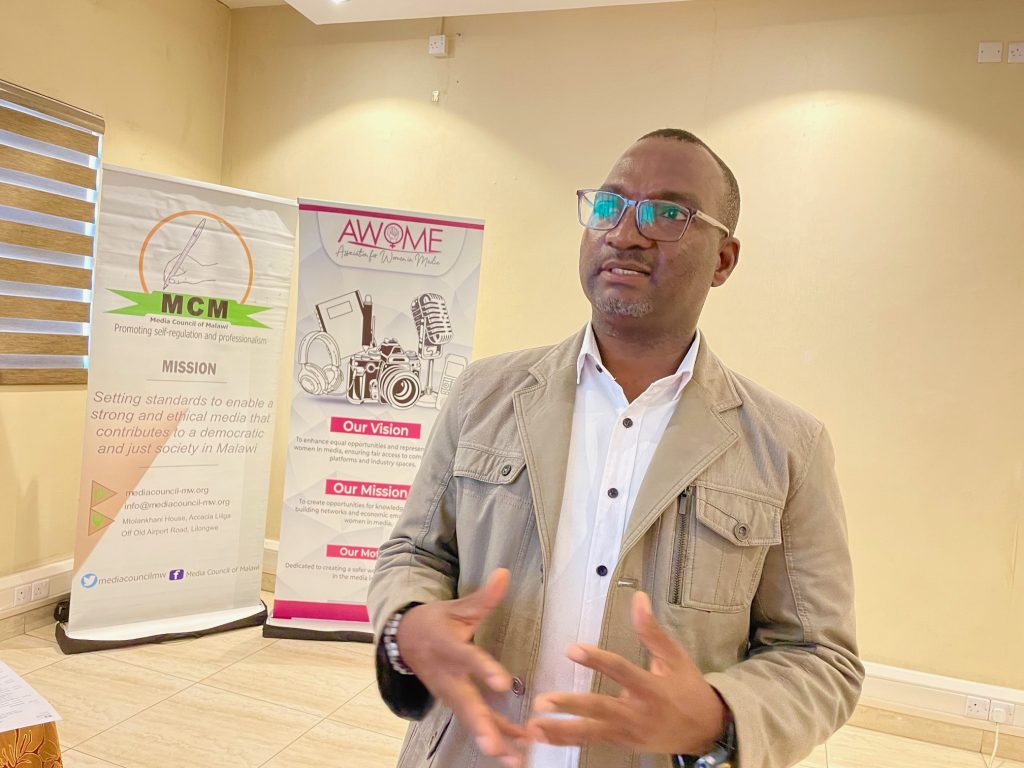
Participants explored key topics including the evolution of digital journalism, the importance of digital skills for journalists, audience engagement and feedback, digital privacy and security, the impact of technology-facilitated online harassment, and best practices for safeguarding personal information and privacy
This initiative is part of a UNESCO funded project under the IPDC, aimed at strengthening the capacity of community media houses for sustainable operations.

